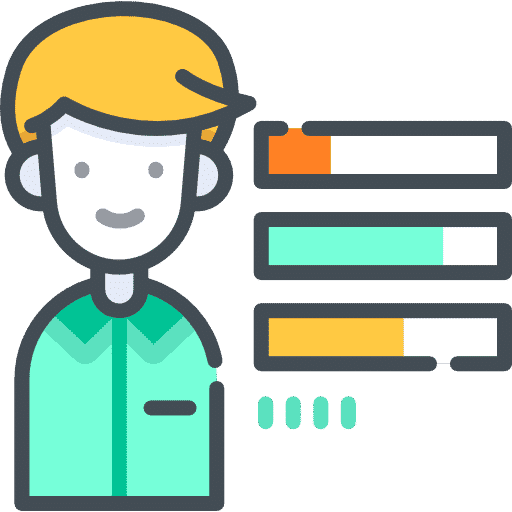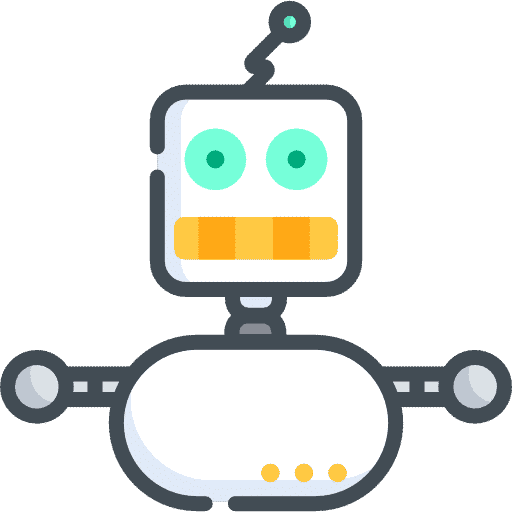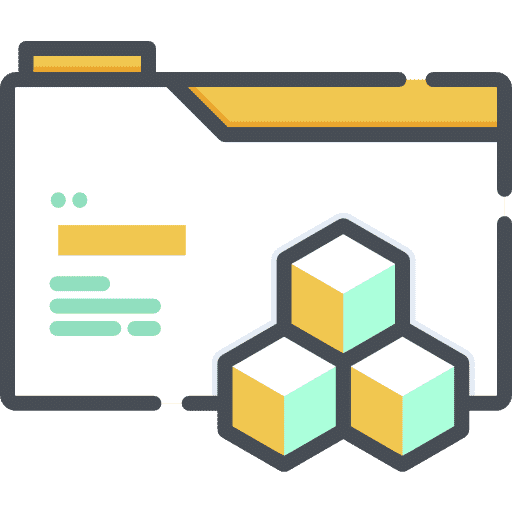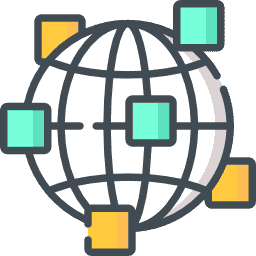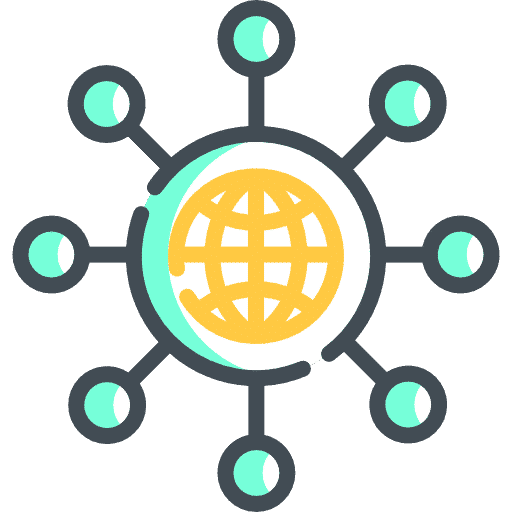Job Brief
FreshCredit® is looking for blockchain engineers to build a borderless financial technology platform providing credit scoring services for consumers and businesses, not a bank,.
FreshCredit® is a platform that is composed of mobile apps, REST API, smart contracts, blockchains and/or parachains (Bitcoin, Polkadot, and our own FreshCredit® Token “FRESH”). Together, they enable you access a fair, transparent, and compliant credit reporting, disputing, and scoring system to transact with any individual, business, or organization on the internet without giving up control of your data.
FreshCredit® is looking for open source maintainers of FreshCredit® Token “FRESH”.
The FreshCredit® Token “FRESH” network is a live public blockchain. FreshCredit® is the creator of the FreshCredit® Token “FRESH” protocol and maintains an open-source implementation called FreshCredit® FreshCredit® Token “FRESH”. We implemented the blockchain-based on Polkadot Substrate.
As a FreshCredit® Token “FRESH” engineer, your first project will be:
The Polkadot Substrate
Polkadot Substrate (Substrate) is an enterprise solution for building, deploying, and running distributed ledgers (also called blockchains).”
Our company has implemented a PoW consensus engine for Substrate 1.0.5 in Python, which you can use as a reference. However, it may not be very straightforward; Substrate has changed the architecture in its new version (1.2). Also, we wish to implement the new consensus engine in Rust instead of Python.
https://github.com/FreshCredit
FreshCredit® Token “FRESH”Requirements:
- Experience in Rust. Preferably in production.
- 3+ Years of experience in Python
- 5 – 8 years of experience in Software Engineering, in at least two other languages
- A general understanding of how the blockchain consensus algorithms work, such as Proof of Elapsed Time, Proof of Work, etc
- Ability to discern SDKs from their Codebase. (Substrate documentation is often incomplete or not up to date).
Job Description
Develops and maintains FreshCredit® Token “FRESH”
Requirements
- Proven work experience as a Software Engineer or Software Developer
- Ability to develop software in Rust and Python and optionally C#.
- Proficiency in software engineering tools
- Ability to document requirements and specifications
- Bachelor’s degree in Computer Science, Engineering or relevant field
Job Duties
- FreshCredit® Token “FRESH” Specific Duties
- Adds new features according to the vision of FreshCredit® Token “FRESH”.
- Develops tools for FreshCredit® Token “FRESH” users such as REST API, command-line client, Docker image, and mining pool to enhance its usability.
- Identifies and fixes bugs from the codebase.
- Determines operational feasibility by evaluating analysis, problem definition, requirements, solution development, and proposed solutions.
- Communicate with open source users and contributors.
- General Duties
- Document and demonstrate solutions by developing documentation, such as flowcharts, layouts, diagrams, charts, code comments, and clear code.
- Prepare and install solutions by determining and designing system specifications, standards, and programming.
- Improve operations by conducting systems analysis; recommending changes in policies and procedures.
- Search, evaluate, and recommend 3rd party software products we should use.
- Update job knowledge by studying state-of-the-art development tools, programming techniques, and computing equipment; participating in educational opportunities; reading professional publications; maintaining personal networks; participating in professional organizations.
- Protect operations by keeping the information confidential.
- Provide information to internal/external customers by collecting, analyzing, and summarizing development and service issues.
- Accomplish engineering and organization mission by completing related results as needed.
- Develop software solutions by studying information needs; conferring with users; studying systems flow, data usage, and work processes; investigating problem areas; following the software development lifecycle.
